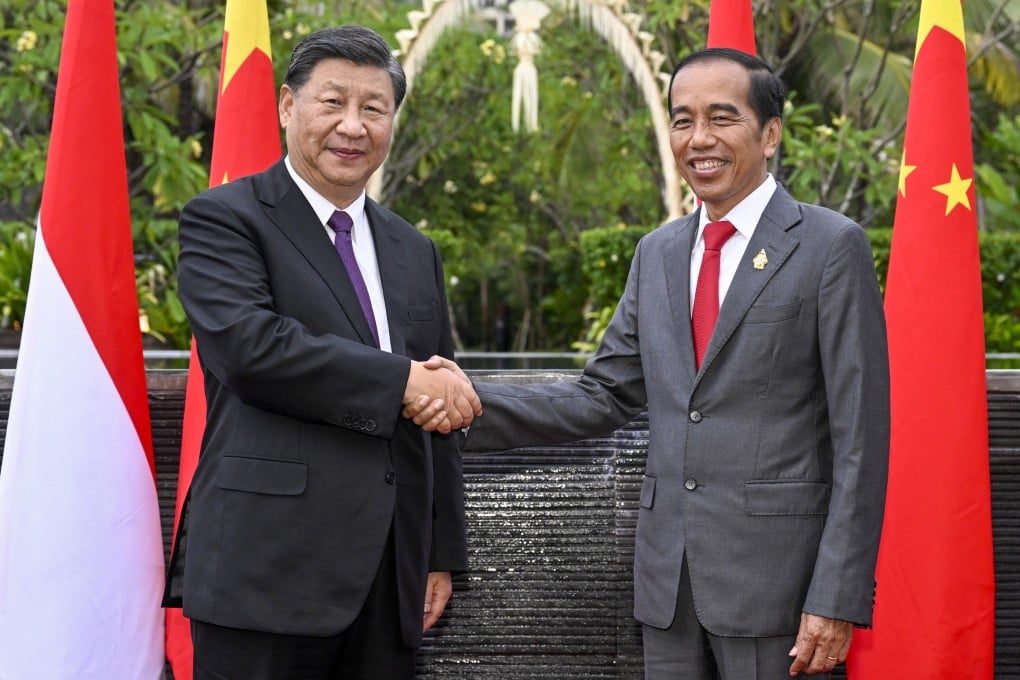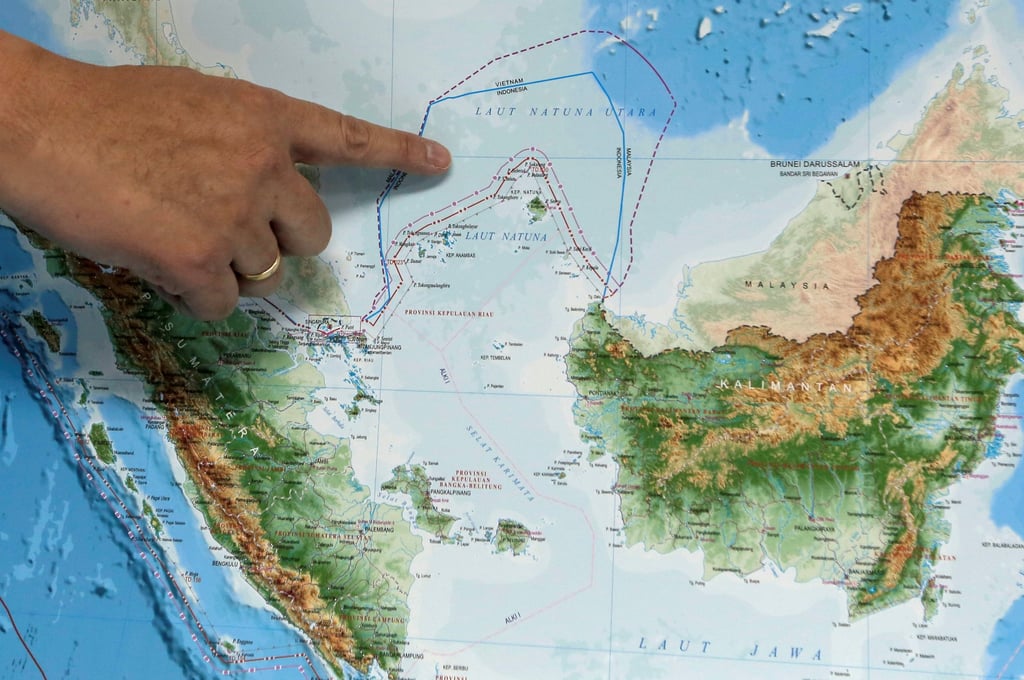Advertisement
Opinion | Why Indonesia is wary of China’s new development, security initiatives
- In theory, China’s Global Development Initiative and Global Security Initiative both have a lot to offer Southeast Asia’s largest economy
- But Beijing needs to do more to allay Jakarta’s concerns about debt, sustainability, environmental impacts – and peace in the South China Sea
Reading Time:3 minutes
Why you can trust SCMP
6

It’s no secret that China wants Indonesia to sign up to its new global development and security initiatives, but Jakarta is going to take some convincing before it takes the plunge.
Advertisement
On paper, Beijing’s Global Development Initiative (GDI) and Global Security Initiative (GSI) both have a lot to offer Southeast Asia’s largest economy. Chinese officials know this, and have been actively promoting the strategies to their Indonesian counterparts any time they get a chance.
Yet Indonesia has so far been cautious in voicing its support – a wariness born not only of its experiences with Beijing’s earlier Belt and Road Initiative, but also its concerns about unsustainable lending and lingering issues surrounding overlapping claims in the disputed South China Sea.

The GDI, first unveiled by Chinese President Xi Jinping at the United Nations General Assembly in September 2021, promises to support emerging economies in poverty alleviation, public health and sustainable development, among a host of other issues.
Unlike belt and road infrastructure projects, which mostly aim to grow global trade, the GDI is focused on knowledge transfer and capacity building through the provision of grants and development assistance. It also has a broader scope, going beyond bilateral agreements to include potential partnerships with NGOs and the private sector.
Xi was keen to promote the GDI to Indonesian President Joko Widodo during their July meeting in Beijing. But there are concerns in Jakarta that this new Chinese development initiative will result in the same delays, cost overruns, safety issues and environmental destruction seen under the earlier belt and road strategy.
A China-funded dam in North Sumatra, for example, has come under fire for threatening to wipe out the Tapanuli orangutan, a critically endangered species of great ape that was only discovered in 2017. Recent worker deaths during construction of the delayed Jakarta-Bandung high-speed railway, meanwhile, have raised fresh concerns about worker safety on Indonesian belt and road projects.
Advertisement

Advertisement

